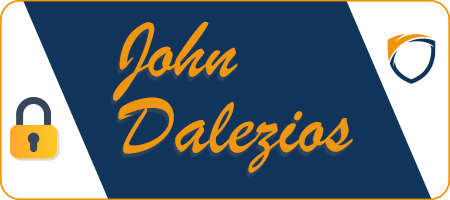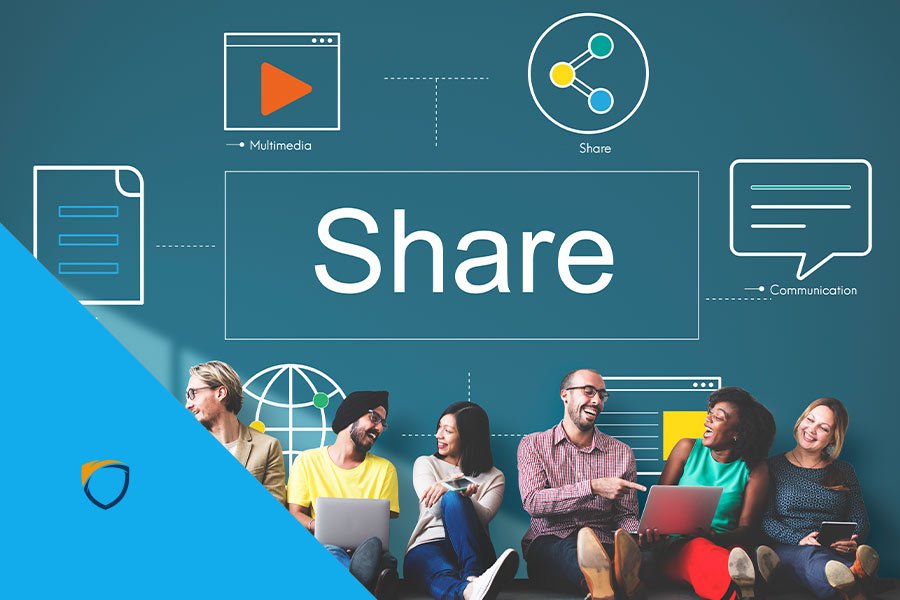What Information You Should Never Share and How It Can Be Used Against You
In the era of ‘share everything’, the line between being open and oversharing can often blur. But what are the implications of revealing too much on social media? Let’s explore.
Understanding Oversharing
Oversharing isn’t just about spilling personal secrets. It’s about divulging details that could compromise your safety, privacy, or well-being. In our quest for likes, comments, or a sense of connection, we might sometimes share more than necessary, forgetting that the online world isn’t always a safe space.
Sensitive Personal Information: A No-Go Zone
It might seem obvious, but you’d be surprised how many people casually mention sensitive information. Posting your new credit card, driver’s license, or even throwing a house party can make you an easy target. Remember: Your full address, bank details, or ID numbers should never make it to your story or feed.
The Risks of Sharing Travel Plans
Sharing real-time vacation pics or announcing that you’re away from home might seem harmless. But it’s almost like placing a sign outside your home saying, “I’m not here.” It makes you vulnerable to potential burglars or scammers who know exactly when you aren’t around.
The Pitfalls of Sharing Too Much About Children
Your child’s first day at school is indeed special, but sharing specifics like the school’s name or location can expose them to dangers like identity theft or worse. As guardians of their digital footprint, exercise caution.
Work-Related Oversharing Dangers
Posting about work might seem like a way to vent out, but discussing confidential information or even minor grievances can land you in hot water professionally. A single post can tarnish reputations and even lead to job losses.
Emotional Oversharing: The Line Between Expression and Exploitation
While it’s essential to have spaces to discuss mental health or personal issues, doing it too publicly can expose you to manipulations or scams that prey on vulnerabilities. Keep personal struggles to private messages or trusted circles.
Geotagging: Giving Away More Than Just a Location
Geotags do more than show off that exotic cafe or beach. They reveal patterns about your life, habits, and routines. Over time, this can be pieced together to know more about you than you’d like, making you an easy target for cyberstalkers or even criminals.
How Your Data Can Be Sold and Used
Every ‘like’, share, or post is a data point. Companies often collect and sell this data to advertisers. The result? Intrusive ads that seem to ‘know’ you. Worse still, some malicious parties can use this data to scam or phish.
Preventative Measures and Privacy Settings
Fortunately, most social media platforms offer comprehensive privacy settings. Familiarize yourself with them. Set your profiles to private, review friend requests thoroughly, and routinely check and update your privacy configurations.
The Role of Digital Literacy in Responsible Social Media Use
As the digital world becomes an extension of our lives, being literate isn’t just about knowing how to post but understanding the implications of those posts. Regularly educate yourself and spread awareness about the nuances of online safety.
Conclusion: Cultivating a Mindful Social Media Presence
Being part of the social media landscape doesn’t mean laying your life bare for all to see. By being selective and intentional about what we share, we can enjoy the benefits of online connection while keeping potential threats at bay. Stay safe and share wisely!




